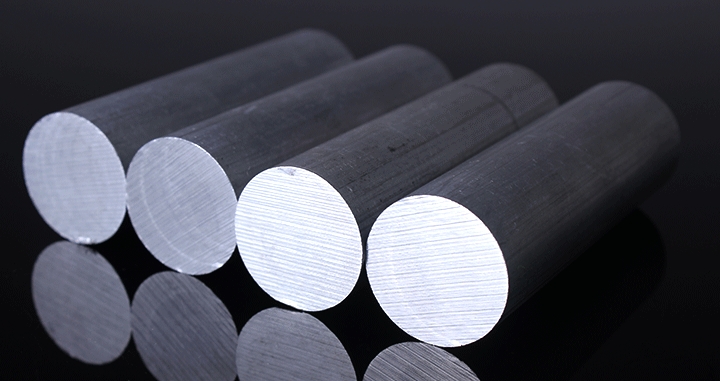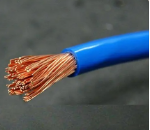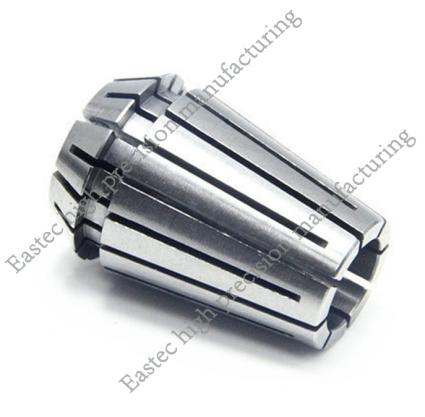
In the field of metal materials, ZnMg alloy, Zn alloy, and Ti alloy have garnered much attention due to their unique properties. They differ significantly in成分, mechanical properties, corrosion resistance, and other characteristics, making each material suitable for various applications. This article compares the properties of these three materials and explores their differences in detail.
I. Composition and Physical Properties
- ZnMg alloy: An alloy composed of zinc and magnesium. The addition of magnesium improves the mechanical properties of the zinc, making the ZnMg alloy highly强度和塑性.
- Zn alloy: An alloy whose main component is zinc, often containing elements such as aluminum and copper. Zn alloys have good casting properties and mechanical properties.
- Ti alloy: An alloy whose main component is titanium, strengthened by adding elements such as aluminum and vanadium. Ti alloys are lightweight, have high strength, and exhibit excellent corrosion resistance.
II. Mechanical Properties Comparison
- Strength and hardness: Ti alloys typically have the highest strength and hardness due to their high purity and solid solution strengthening mechanisms. The strength and hardness of ZnMg alloys and Zn alloys are relatively lower.
- Plasticity and toughness: Ti alloys have good plasticity but typically have lower toughness. ZnMg alloys and Zn alloys exhibit better plasticity and toughness, making them suitable for applications that require impact resistance and deformation.
III. Corrosion Resistance Comparison
- ZnMg alloy: exhibits good corrosion resistance, especially in neutral or weakly acidic or alkaline environments.
- Zn alloy: has moderate corrosion resistance but is susceptible to strong acids and alkalis.
- Ti alloy: has excellent corrosion resistance, especially in marine environments and high-temperature settings.
IV. Application Fields Comparison
- ZnMg alloys: suitable for structural and decorative applications that require high strength and good plasticity, such as in the construction, furniture, and automotive industries.
- Zn alloys: widely used in casting and machining applications, such as in architectural templates, door and window fittings, and artistic casting.
- Ti alloys: due to their high strength and corrosion resistance, are commonly used in aerospace, chemical, and marine engineering applications.
V. Summary and Selection Advice
In summary, ZnMg alloys, Zn alloys, and Ti alloys each possess unique performance advantages and application fields. When selecting the appropriate metal material, it is essential to consider its composition, mechanical properties, corrosion resistance, as well as specific application needs. For example, for structural applications that require high strength and good plasticity, ZnMg alloys are a suitable choice; for casting and machining applications, Zn alloys are preferred due to their good casting properties; and for applications that require high strength and excellent corrosion resistance, Ti alloys are the obvious choice. Properly selecting these materials can ensure optimal performance and service life.





 Customer service 1
Customer service 1  Customer service 2
Customer service 2